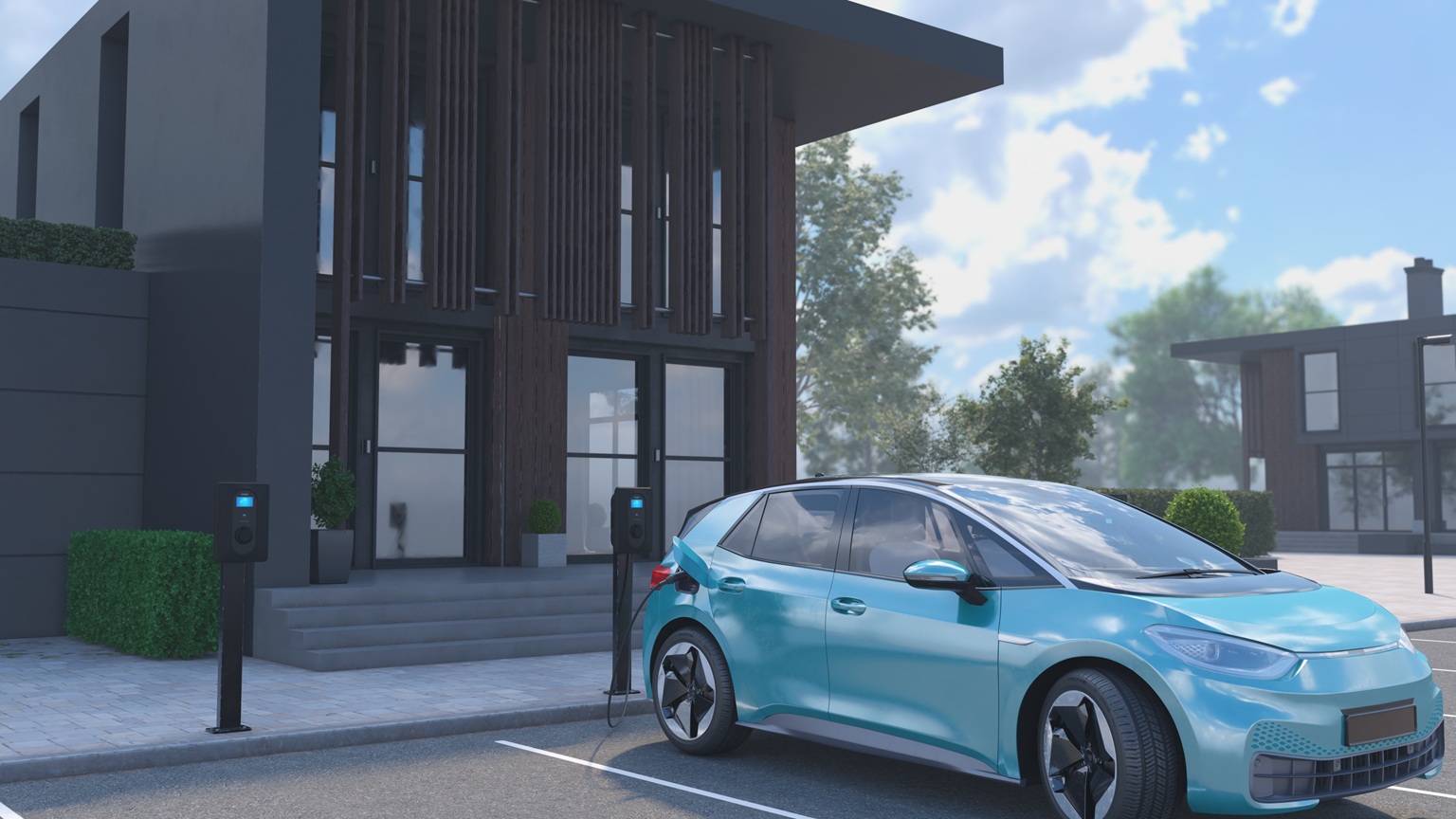A Rapid Plan
By 2030, Shell UK aims to have 100,000 public EV charge points across the country. 11,000 of these will be rapid chargers at locations including forecourts...
Read Full Article
Think you’ll get stranded in an EV? Modern batteries, growing charging networks and easy home charging mean that’s now extremely unlikely.
That’s the view of Vestel Mobility and head of EVC sales, Sally Bailey. She says: “Thanks to advances in EV technology, a fast-growing charging network and convenient home charging, the reality is simple: most UK drivers don’t need to worry about running out of charge.
“It’s easy to assume chargers are hard to find. In reality, the UK now has almost five times more public EV charging locations than petrol stations, nearly 42,000 sites, compared with around 8,400 fuel stations.
“Even in rural areas, the maximum distance between chargers is about 9-10 miles and in cities like London, the network is incredibly dense, with 25,000 public chargers alone.”
Over 1,000 new public chargers are added every month, helping keep pace with the increasing number of EVs on the road.
Chargers work
Early public chargers could be unreliable. Those days are gone. UK regulations now require rapid chargers to maintain 99% uptime and most networks exceed this. For example, InstaVolt reports 99.53% availability across its network.
Charging takes a bit longer than filling a petrol tank, however the convenience of home, workplace or retail-park charging more than makes up for it.
Refuel overnight
A big advantage of EVs is that you can ‘refuel’ overnight at home. Around 680,000 UK homes already have chargers and roughly two-thirds of homes could support one.
Many providers, including Octopus Energy, offer overnight rates as low as 8–11p per kWh. A basic 7kW home charger can give around 140 miles of range overnight, enough for most people’s daily journeys.
For those with higher-capacity systems, Vestel’s Libra 7/22kW charger can deliver up to 100kWh overnight, while the Vesper 40 DC charger adds fast top-ups in an hour or two. For most drivers, this means leaving home with a full battery almost every day.
Times a changing
Another old worry is that EVs take forever to charge. Modern high-power chargers, 150kW, 300kW and even higher, can add 100 miles in around 10 minutes.
Vestel Mobility is already rolling out 720kW and 1MW chargers in service hubs across the UK. Most EVs accept up to 250kW, which still allows a full charge in minutes, comparable to filling a petrol tank and buying a coffee.
Batteries go the distance
Battery technology has come a long way. Most mass-market EVs now achieve 250–300 miles per charge and premium models exceed 350 miles. The UK’s best-selling EV, the Tesla Model Y, claims 331–379 miles, with real-world tests confirming these figures. Even in cold weather or with enthusiastic driving, range is more than enough for everyday use.
The average EV range in the UK has jumped 43% in three years, from 210 miles in 2020 to 300 miles in 2023, and continues to rise every year.
Major breakdown services have solutions for EVs:
RAC EV Boost vans carry onboard chargers that can add 5-10 miles of range, enough to reach the next station.
AA have Freewheeling hubs to tow EVs safely and some vans carry small mobile chargers for quick top-ups.
Bailey concludes: “The technology, infrastructure and driver habits have all moved on. For most people, running out of charge simply isn’t something they’ll experience. The real challenge now is helping drivers see that reality.”
Picture: A Vestel charging point.
Article written by Cathryn Ellis
29th October 2025